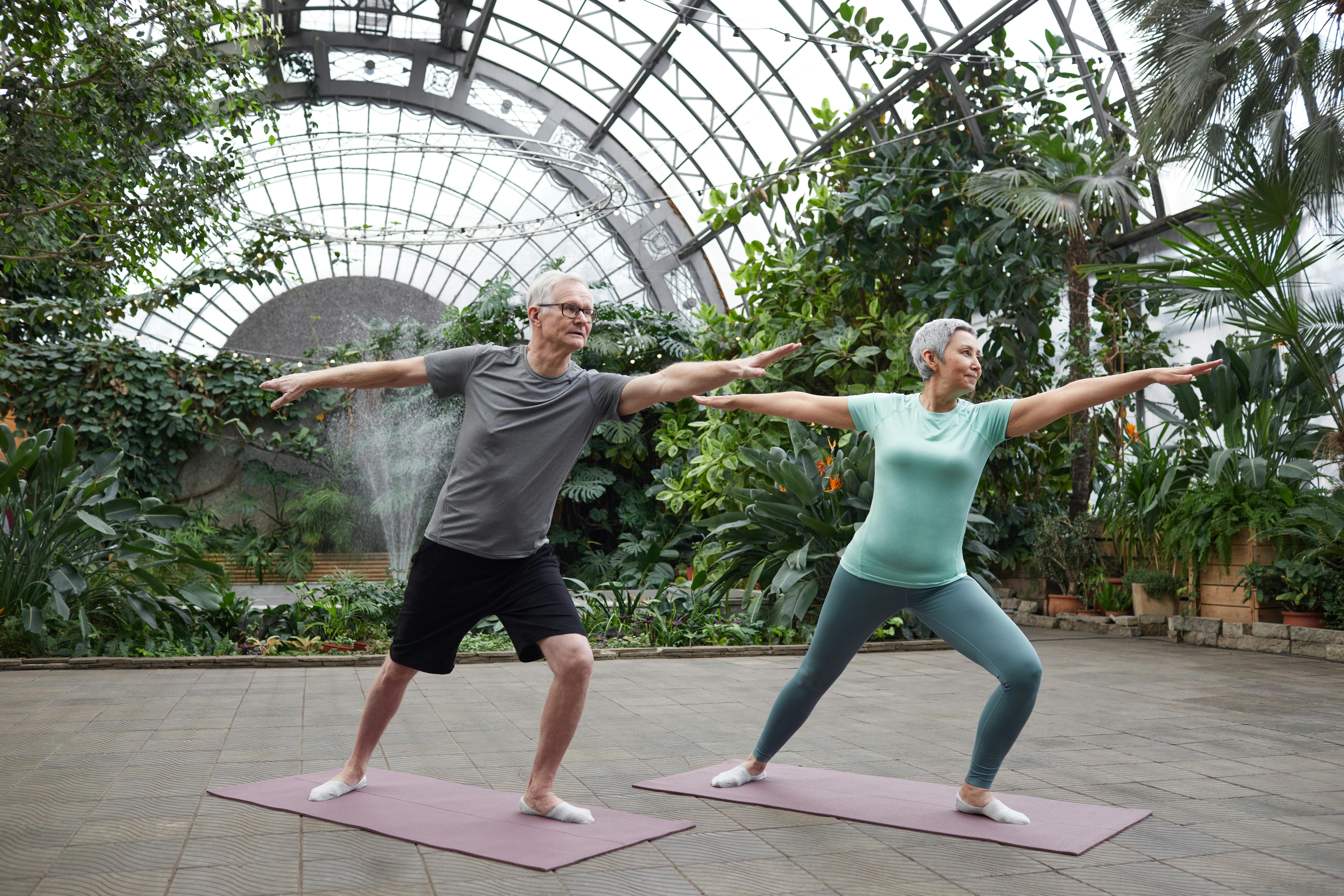
Cardiopulmonary Physiotherapy
Cardiopulmonary physiotherapy is a specialized area of physiotherapy that focuses on improving the respiratory and cardiovascular systems of the body. This form of physiotherapy is used to help patients recover from a variety of diseases, including heart and lung conditions such as chronic obstructive pulmonary disease (COPD), pneumonia, and heart failure. The goal of cardiopulmonary physiotherapy is to improve lung function, increase cardiovascular endurance, and promote overall wellness. This is achieved through exercises, breathing techniques, and other forms of therapy that are tailored to each patient's unique needs. By working with a physiotherapist, patients can improve their quality of life and reduce their risk of future health complications.
Learn More
Orthopedic Physiotherapy
Orthopedic physiotherapy is a specialized branch of physiotherapy that focuses on the treatment and management of musculoskeletal injuries and disorders. It is commonly used to help patients recover from various conditions, including fractures, joint replacements, and sports injuries. Orthopedic physiotherapy involves the use of therapeutic exercises, manual therapy, and other modalities to help reduce pain, improve strength and mobility, and restore function to the affected area. By working with an orthopedic physiotherapist, patients can develop personalized treatment plans that are tailored to their unique needs, which can help them recover faster and with fewer complications
Learn More
Neuro Physiotherapy
Neuro physiotherapy is a specialized branch of physiotherapy that focuses on the treatment and management of neurological conditions, such as stroke, spinal cord injuries, multiple sclerosis, and Parkinson's disease. Neuro physiotherapists use a variety of techniques and exercises to help patients regain mobility, coordination, and function. Treatment may involve gait training, balance exercises, functional electrical stimulation, and other modalities. The ultimate goal of neuro physiotherapy is to help patients achieve greater independence and improve their quality of life.
Learn More
Pediatric Physiotherapy
Pediatric physiotherapy is a specialized field of physiotherapy
that focuses on the assessment and treatment of infants,
children, and adolescents with a variety of conditions affecting
their movement, coordination, and function.
These conditions can range from congenital disorders, such as
cerebral palsy and spina bifida, to injuries and developmental
delays.
We are skilled in working with children and their families to
develop personalized treatment plans that focus on achieving
specific goals, such as improving balance, strength, and
coordination, and promoting overall development.

Sports Physiotherapy
Sports physiotherapy is a specialized area of physiotherapy that
focuses on the prevention, diagnosis, and treatment of
sports-related injuries and conditions. Whether you are a
professional athlete or a weekend warrior, our sports
physiotherapists can help you recover from injuries, improve
your performance, and prevent future injuries.
we offer a range of sports physiotherapy services, including
assessment, rehabilitation, and injury prevention programs. Our
experienced physiotherapists use a variety of techniques, such
as manual therapy, exercise therapy, and sport-specific
training, to help you get back to your sport as quickly and
safely as possible.
We understand the importance of sports and physical activity in
maintaining a healthy lifestyle. Our goal is to help our
patients achieve their goals and reach their full potential,
whether that means getting back to competitive sports or simply
being able to walk pain-free.

Postural Training
Postural training is a form of physiotherapy that focuses on
correcting poor posture and promoting proper alignment of the
body. Poor posture can lead to a variety of musculoskeletal
problems, such as neck and back pain, headaches, and joint
stiffness.
we offer postural training to help patients improve their
posture and prevent these problems. Our experienced
physiotherapists use a variety of techniques, such as
therapeutic exercise, manual therapy, and education, to help
patients develop an awareness of their posture and make the
necessary corrections. During postural training sessions,
patients will learn about proper body mechanics and how to
engage their core muscles to support good posture. They will
also receive guidance on ergonomics and how to modify their work
environment to support good posture.
Our goal is to help patients improve their posture and prevent
musculoskeletal problems, enabling them to live pain-free,
active life.

Gait Training
Gait training is a specialized area of physiotherapy that
focuses on improving an individual's ability to walk. This type
of training is often recommended for individuals who have
suffered a stroke, brain injury, or other neurological
conditions that affect their walking ability.
We offer gait training to help patients improve their balance,
coordination, and overall walking ability. Our experienced
physiotherapists use a variety of techniques, such as exercise,
manual therapy, and gait analysis, to develop a customized
treatment plan for each patient.
During gait training sessions, patients will receive guidance on
proper posture and movement patterns to help optimize their
walking ability. They may also use assistive devices, such as
walkers or canes, to support their walking and improve their
safety. Our goal is to help patients achieve their maximum
walking potential and improve their quality of life.

Ergonomics Training
Ergonomics training is a specialized area of physiotherapy that
focuses on optimizing the physical environment to promote
health, safety, and efficiency in the workplace. This type of
training involves assessing the workplace and recommending
modifications that can help reduce the risk of injuries, such as
musculoskeletal disorders, and increase productivity.
we offer ergonomics training to help individuals and
organizations create a safe and healthy work environment. Our
physiotherapists work closely with clients to identify ergonomic
hazards and develop customized solutions that address their
specific needs.
During ergonomics training, clients will learn about proper body
mechanics, posture, and movement patterns that can help prevent
injuries and increase comfort in the workplace. They will also
receive guidance on selecting and using ergonomic equipment,
such as chairs, desks, and keyboards, to optimize their
workspace.